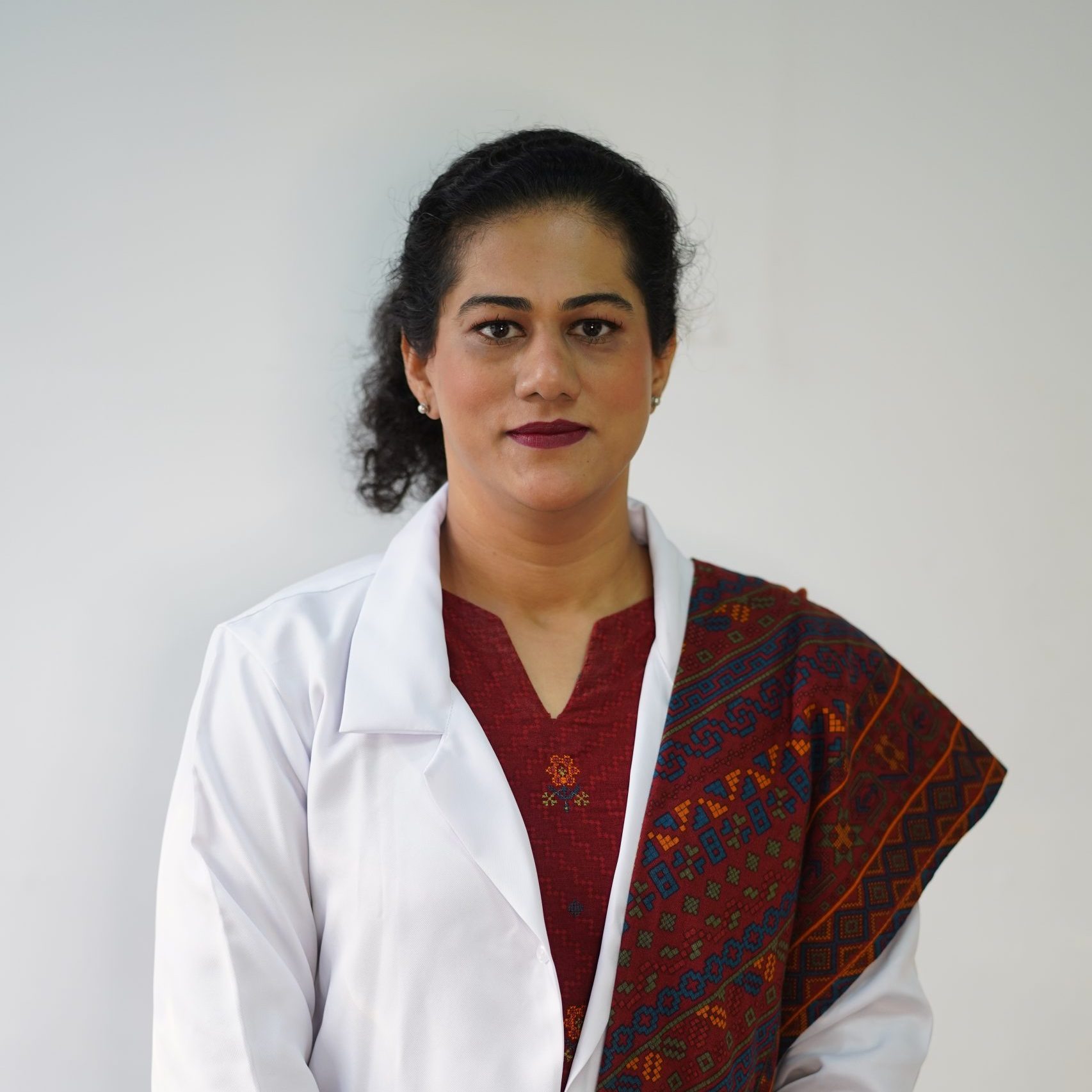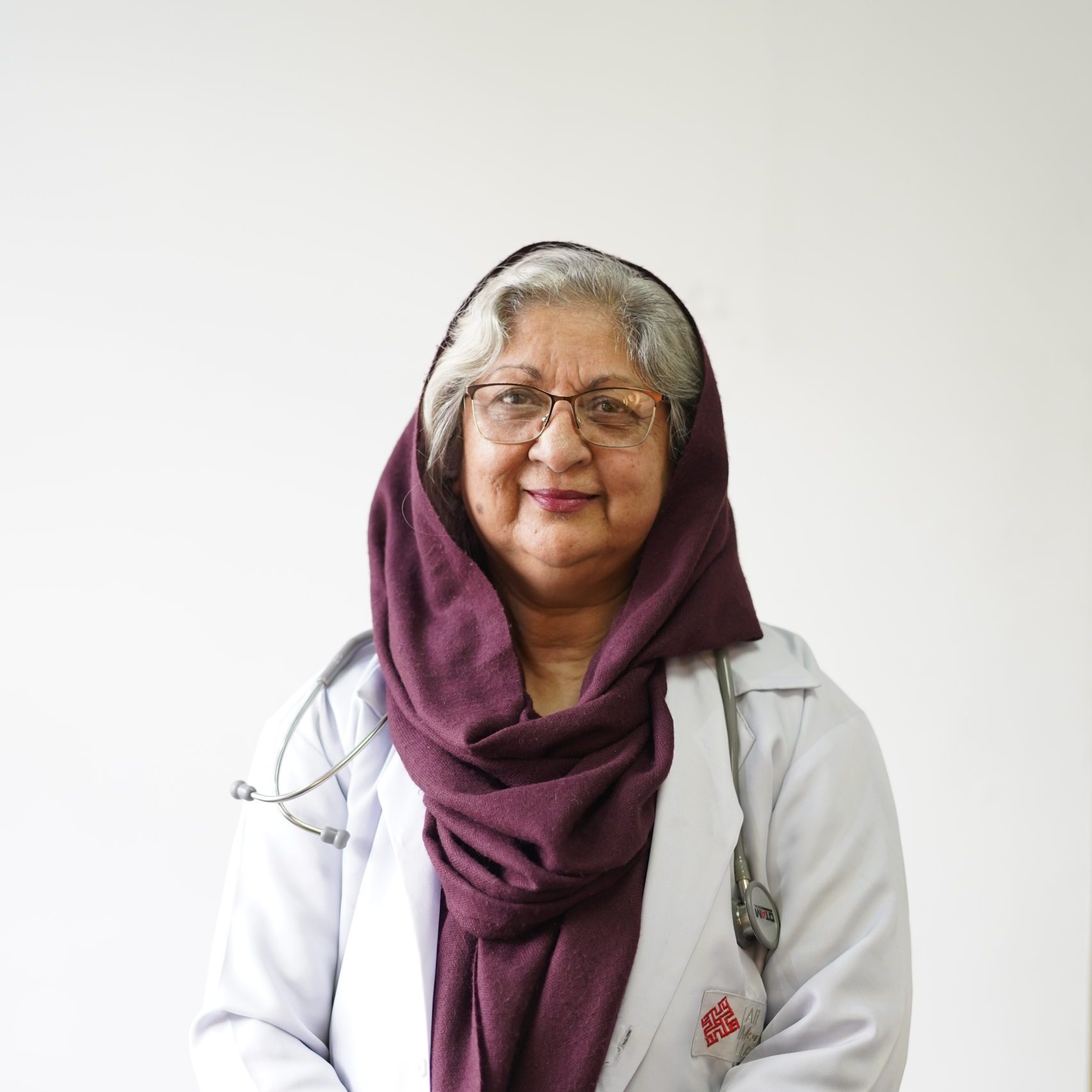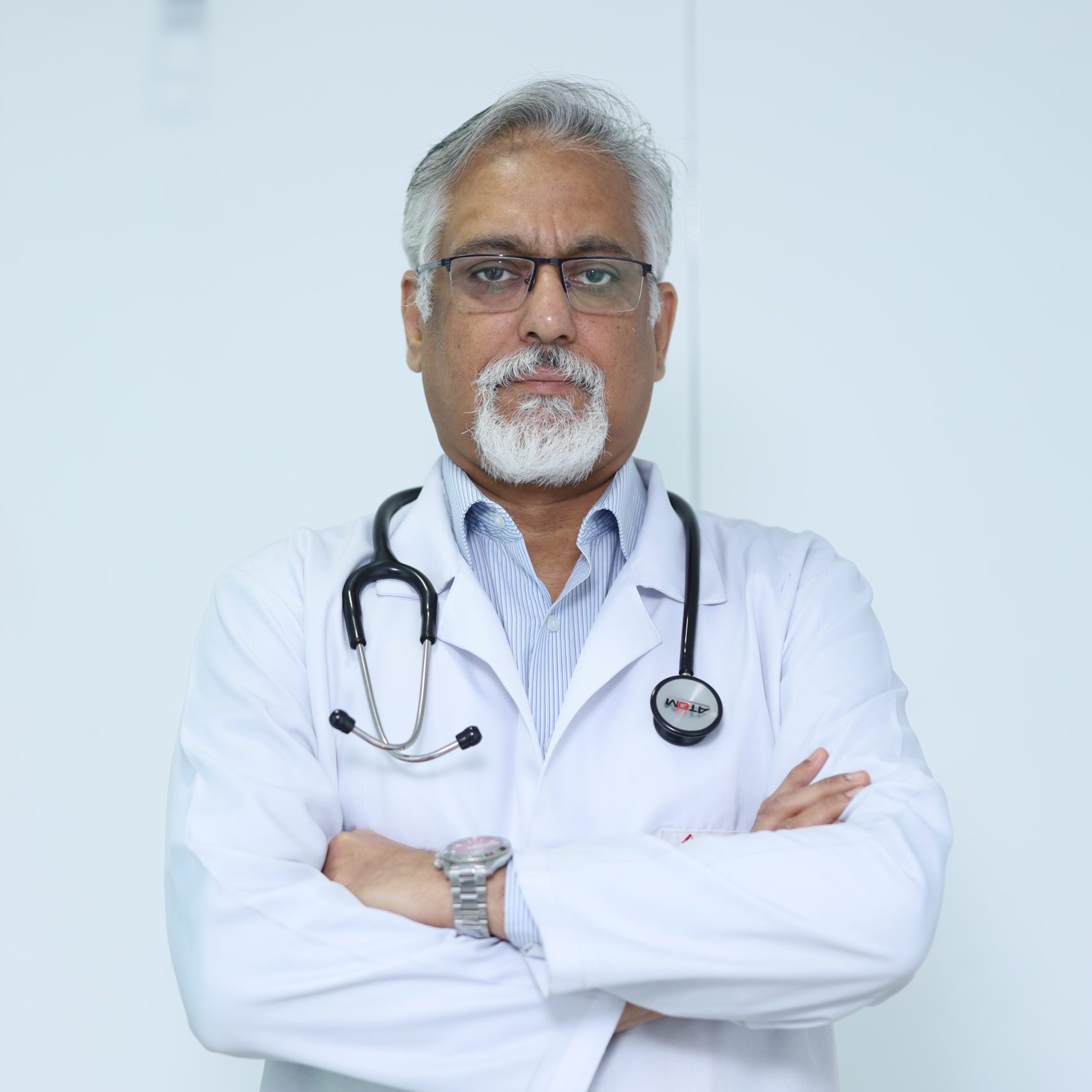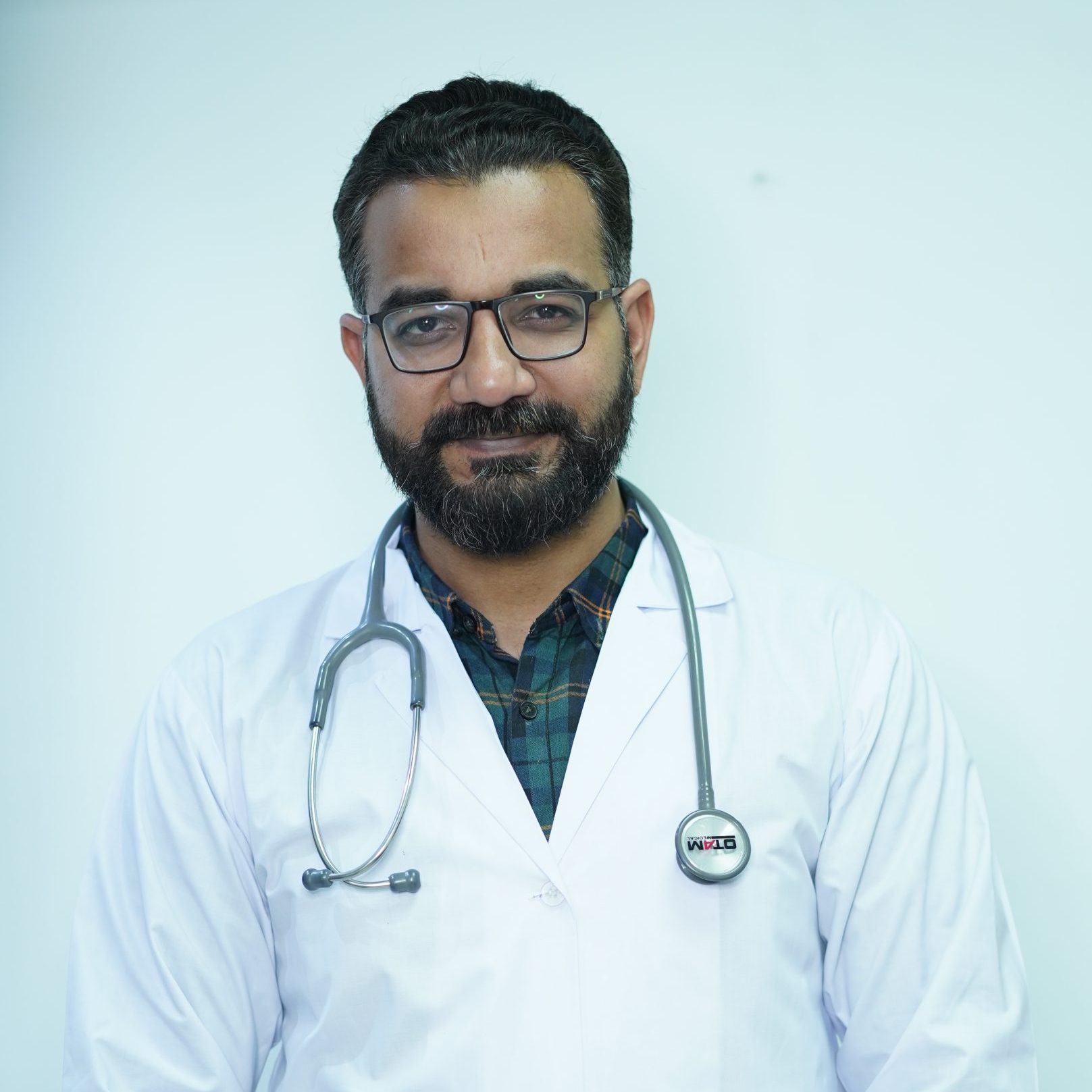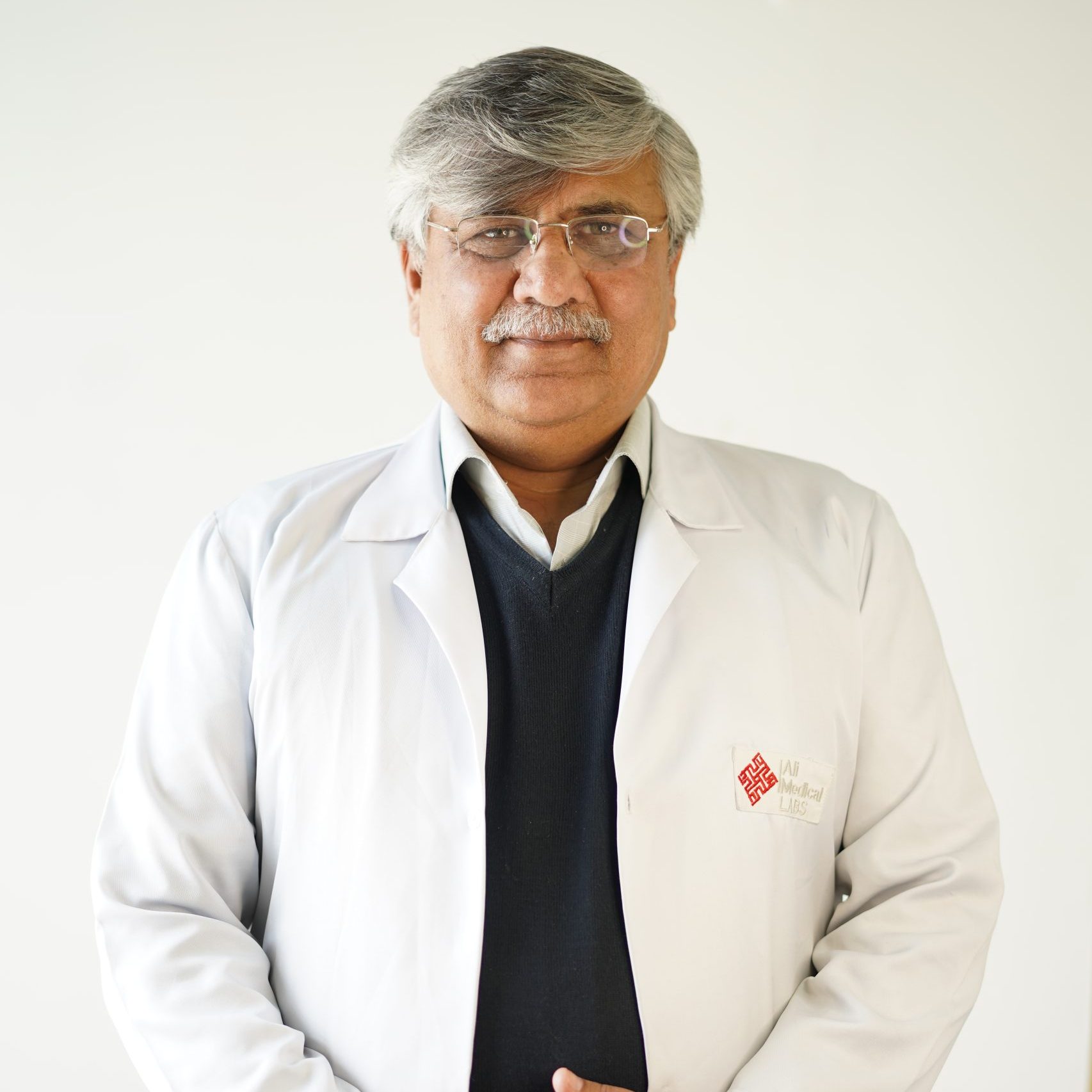General surgery encompasses a broad range of surgical procedures aimed at treating a variety of medical conditions. General surgeons are trained to perform surgeries on the abdomen, digestive tract, endocrine system, breast, skin, and soft tissues. Some common procedures performed by general surgeons include appendectomies, hernia repairs, gallbladder removals, colon resections, and mastectomies. General surgery also includes emergency procedures for traumatic injuries and acute conditions such as appendicitis and bowel obstruction. General surgeons work closely with other specialists to provide comprehensive care for patients requiring surgical intervention. Their expertise lies in diagnosing, managing, and treating surgical conditions to improve patient outcomes and quality of life.
Services:
Our general and laparoscopic surgery services provide comprehensive surgical care for a wide range of medical conditions. This includes procedures such as;
- Appendectomies
- Hernia repairs
- Gallbladder removals
- Colon surgeries
- Mastectomies
- Cholecystectomy
- Gynecological surgeries
We also offer emergency surgical interventions for traumatic injuries and acute conditions. Our expert surgeons utilize advanced techniques and state-of-the-art technology to ensure the best possible outcomes for our patients.
Our Doctors
Dr. Arifa Manzoor
Consultant General SurgeonDr. Shabana Jamal
Consultant General SurgeonProfessor. Atif Inam Shami
Consultant General SurgeryProf. Dr M A Zahid
Consultant General SurgeryDr.M Adnan Khokhar
Consultant General SurgeryDr. Nazish Masood
Consultant General SurgeryDr. Naveed Ullah
Consultant General SurgeryDr. Nadeem Abbas
Consultant General SurgeryDr. Atiq Ur Rehman
Consultant General SurgeryDr. Israr Ahmed
Consultant General SurgeryDr. Mian Tahir Ali Shah
Consultant General SurgeryDr. Khushal Khan
Consultant General SurgeryDr. Gul Muhammad
Consultant General SurgeryDr. Erum Khan
Consultant General SurgeryFAQs
What is general surgery?
General surgery is a surgical specialty that focuses on procedures involving the abdomen, digestive tract, endocrine system, breast, skin, and soft tissues.
What conditions do general surgeons treat?
General surgeons treat a wide range of medical conditions, including appendicitis, hernias, gallbladder disease, colorectal conditions, breast cancer, skin cancer, and trauma-related injuries.
What types of surgeries do general surgeons perform?
General surgeons perform various surgical procedures, such as appendectomies, hernia repairs, cholecystectomies (gallbladder removal), colectomies (colon resections), mastectomies, and emergency surgeries for trauma and acute conditions.
How do I prepare for surgery?
Your surgeon will provide specific instructions on how to prepare for your surgery, including fasting guidelines, medication instructions, and pre-operative testing requirements. It's essential to follow these instructions closely to ensure a successful surgery.
What should I expect during recovery from surgery?
Recovery from surgery varies depending on the type of procedure performed and individual factors. Your surgeon will provide guidance on post-operative care, pain management, activity restrictions, and follow-up appointments to monitor your recovery progress.
Are there risks associated with surgery?
Like any medical procedure, surgery carries some risks, including bleeding, infection, anesthesia complications, and adverse reactions to medications. Your surgeon will discuss potential risks and benefits with you before the procedure and take steps to minimize risks during surgery.
How long will it take to recover from surgery?
Recovery time varies depending on the type and complexity of the surgery, as well as individual factors such as age and overall health. Your surgeon will provide an estimated recovery timeline and recommendations for resuming normal activities based on your specific circumstances.
Will I have scars after surgery?
Most surgical procedures result in some degree of scarring, but the extent and visibility of scars depend on factors such as incision size, surgical technique, and wound care during the healing process. Your surgeon will discuss potential scarring and scar management options with you before surgery.
These are just a few common questions about general surgery. If you have specific concerns or inquiries about a particular procedure, it’s essential to discuss them with your surgeon for personalized guidance and information.



